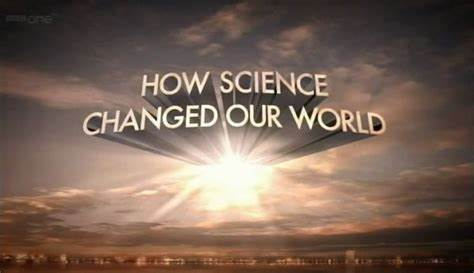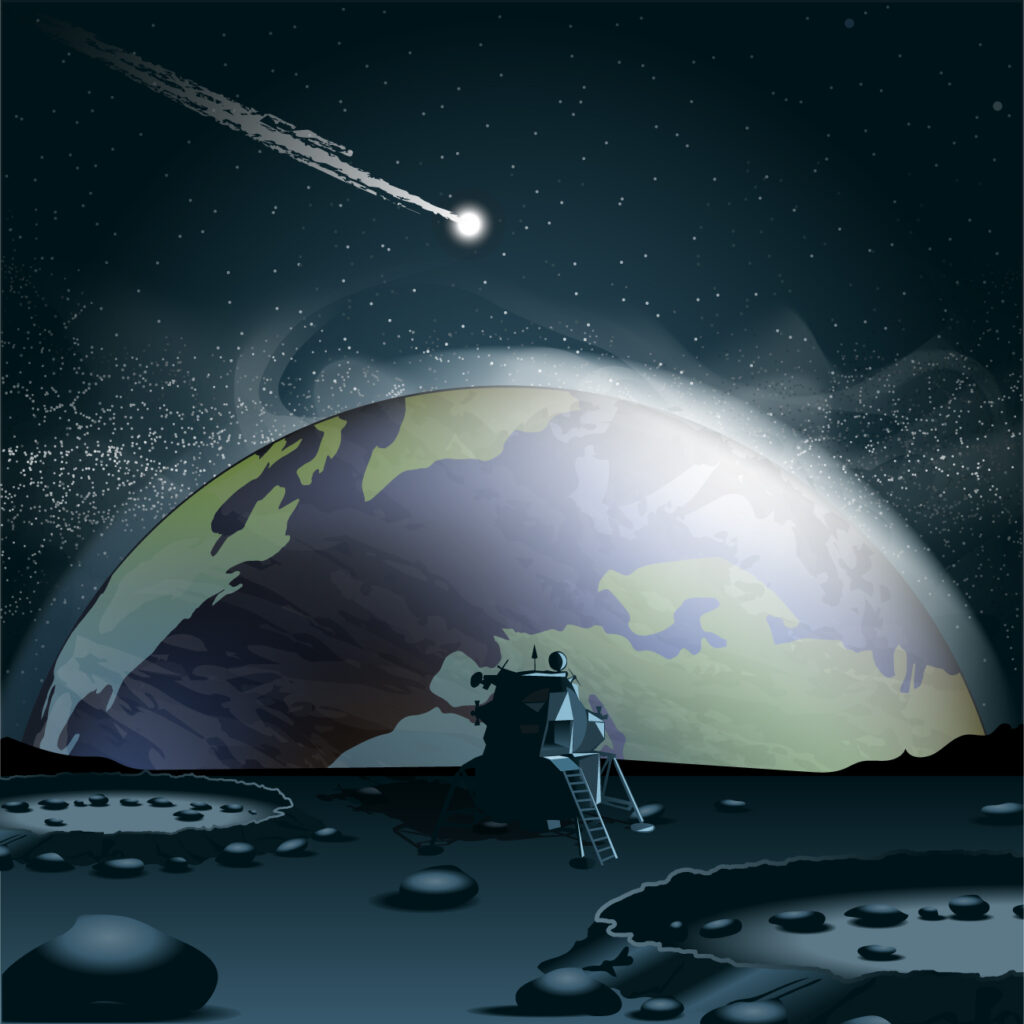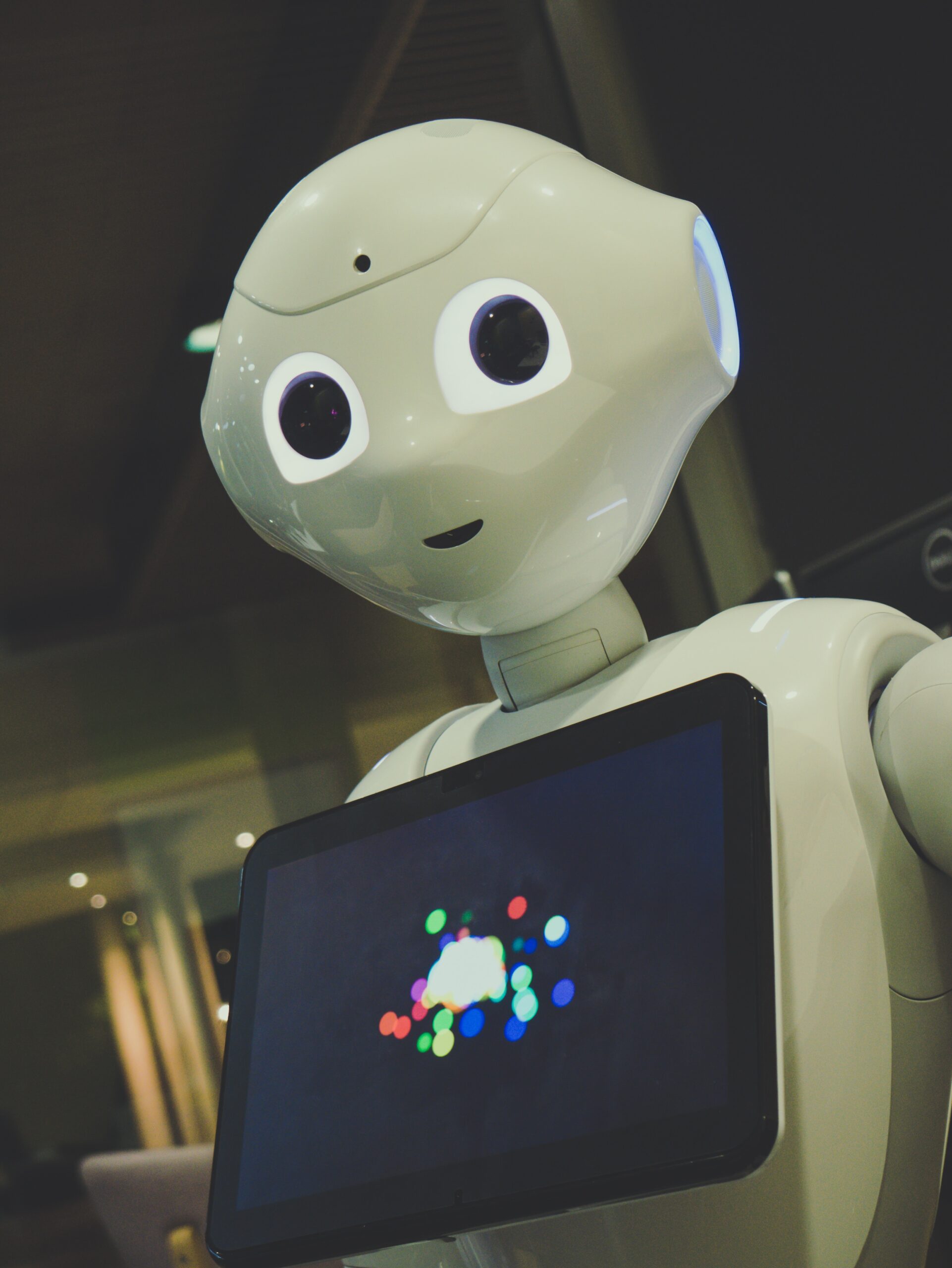In every task, using machines more and the body less; using AC in summers and gas or electric heaters in winters; using LED lights instead of bulbs; using electric fans instead of hand fans; using electric motors instead of drawing water from wells or pulling it from a distance; using a vacuum cleaner instead of sweeping manually; using tissues and mild soaps and shampoos for cleaning the body – today’s human is far behind the laborious tasks of the past, struggling against harmful environmental effects and diseases, lacking physical resilience. It’s quite possible that if today’s human were suddenly placed in the past, they might perish immediately.
Due to the adoption of various professions by machines, unemployment has increased.
Media, in its hands, can manipulate reality as desired, and negative films, dramas, and videos play a significant role in negative education.
The most dangerous creation of science and technology is the development of weaponry. A single individual with an AK-47, a person with explosives in their hands, or a missile launcher can cause harm to dozens or thousands, while someone who drops an atomic bomb can inflict death upon millions, and perhaps a hydrogen bomb could bring death to half the world within a day, and the attacker doesn’t need individual or physical strength or any special skill – just pressing a button, even a child can do it. In this type of warfare, everyone is vulnerable – the old, the young, the disabled, women – no one is safe. In older times, fights and conflicts were challenging. They required personal strength and skill in wielding swords, knives, arrows, or spears. Even then, killing dozens in a moment wasn’t possible. Fields were chosen away from populated areas where opposing forces would meet face-to-face. In such battles, urban populations didn’t suffer damage or suffered minimal damage. Similarly, in local skirmishes, it wasn’t easy for one person to attack another with a sword, knife, arrow, or spear as it is with guns, pistols, or bombs. These weapons have made it possible to kill more people in less time, including the potential for thousands of casualties from a single attacker, who doesn’t need to possess physical, psychological, or intellectual strength – just pressing a button, even a weak person can cause death.
Due to spending more time with machines than with humans, every individual has become isolated in crowded societies, and loneliness has increased, leading not only to ignorance about others’ situations and issues but also an inability to help them, and depression is also on the rise.
The sense of entertainment in today’s humans has shifted towards films, dramas, movies, thanks to the editing in images and the introduction of superb editing techniques in videos and audios. This has allowed anyone to create fake images or videos, manipulate characters, and even create disrespect towards sacred figures.
Enemy nations are creating and spreading new viruses, leading to the spread of deadly genetic, physical, and mental diseases in opposing countries.
The power of faking and manipulation has reached astonishing levels, not only in images but also in videos and audios. Any person can create fake images or videos, assassinate characters, and even insult revered personalities.
Vehicle usage, including engine-equipped cars and ships, has led to continuous air and noise pollution. On the other hand, due to high speeds and the need for altitude in airplanes, frequent fatal accidents are occurring. These issues were not present in the use of horses and carts. Additionally, these vehicles aid criminals in swiftly committing crimes and escaping from country to country. Furthermore, ships are used for the purpose of shelling cities, enabling the destruction of neighborhoods in a short time.
If we impartially consider these drawbacks and think rationally, the damages caused by general science and technology are so significant and terrifying that their benefits pale in comparison. Human beings are willing to overlook their advantages for the sake of acknowledging their drawbacks.



